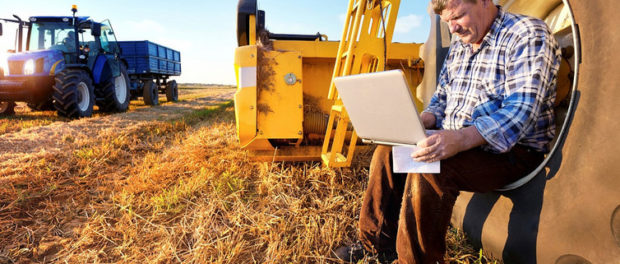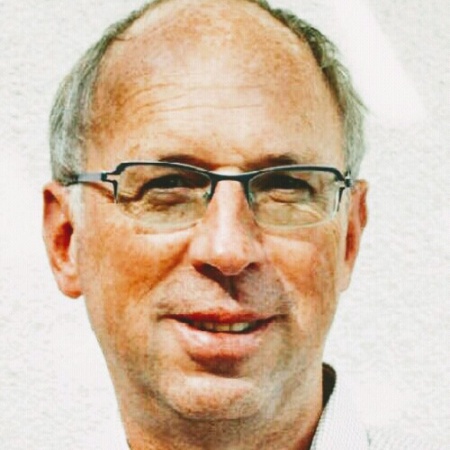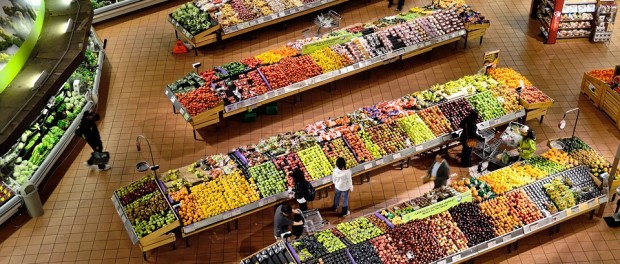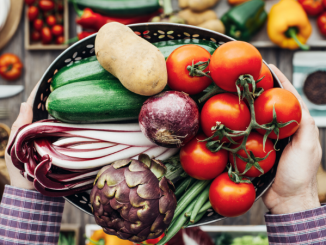A special issue on Rethinking Modernisation is due to be published in the November issue of the Journal of Rural Studies. We’ll bring you some short approachable summaries of the content in a dedicated series with the authors. First up, the editors Karlheinz Knickel and Ika Darnhofer give us an overview of the topic.
By Karlheinz Knickel and Ika Darnhofer
Despite feeding ever more people, the food system is subject to increasing public debate about its social and ecological impact. Why is this? And how could the agri-food system function differently?
Seen from the perspective of a ‘modern’ farmer, there are more and more elements and aspects impacting on the practice. The business gets bigger and bigger, with consultants, extensionists, banks, and sector functionaries all expecting farmers to keep growing their business. In markets with tight margins, the only way to eke out a living is by producing large volumes: more is better.
To manage their growing business, farmers need to be smart to integrate the latest production technologies, entrepreneurial to recognize shifts in demand, ingenious to finance their investments, shrewd to avoid market troubles, and perceptive to recognise new opportunities. Often, working days are long – despite the use of modern technologies. Work is increasingly focused on administrative matters, on planning, on calculating – and less on t caring for plants and animals. Indeed, modern farms are capital intensive, the investments need to be made carefully, and usually require loans. Both the work load and the financial pressures are putting farmers and their families under enormous strain.

The pressure on farmers and on small processors is to a very considerable extent driven by large retailers who strive to offer cheap food to consumers. Consumers appreciate low prices, but are increasingly dissatisfied by the quality of standardized, industrially processed food. Indeed, consumers want authenticity, unique tastes, and diversity in appearance. This is also driven by the increasing awareness of issues such as animal welfare, loss of treasured cultural landscapes, the energy used for processing and packaging, the climate impact of long transport routes.
NEW: Read the next article in this RETHINK series
Scientists also are increasingly vocal in their concerns regarding the sustainability and resilience of modern agricultural and food systems. There is more and more reliable evidence and projections: we need to change, to transform our systems if we want to stay within the boundaries of our planet. To feed plants, modernized crop production does not rely on the fertility of a living, humus-rich soil. Instead, vast amounts of mineral fertilisers are applied. To produce this fertiliser requires enormous amounts of energy, and much of that fertiliser ends up in surface and groundwater, increasing nitrate levels, often beyond thresholds. These problems have been well known for many years. While the Nitrate Directive has been effectively implemented in many regions, in others it remains a challenge. Many other problems remain acute. For example, the excessive use of antibiotics in intensive indoor livestock production systems, which is extremely problematic and risky for human health. Or the dependence of our agriculture on fossil fuels. Or the high levels of farm debt, which combined with low and erratic prices is driving many farmers into bankruptcy.

Overall, we have an agricultural and food system that is costly in terms of public expenditures while at the same time performing poorly in environmental, social, and even economic terms. It is not surprising that more and more people demand change, towards an agricultural and food system that is more resilient, equitable, and inclusive.
To know what would be needed to move towards such a system, the EU-funded RETHINK project focused on four questions:
- We wanted to know what a resilient agricultural system could look like.
- We wanted to know what governance arrangements could foster more inclusive practices and structures.
- We wanted to know what changes farmers and rural people think are required to make the system more equitable.
- We wanted to know what learning strategies could enhance the knowledge of all involved. We have summarized the answers to each of these four questions.
This short introduction introduces four subsequent posts on these different questions. It also serves to alert readers to six scientific articles in a Special Issue on Rethinking Modernisation in the November issue of the Journal of Rural Studies. For more see the editorial (abstract only for now), the first paper (also abstract only for now) and information on the entire special edition.
 Karlheinz Knickel is an independent researcher, analyst and consultant with 25+ years experience working with decision-makers at national and international levels. Supporting the synergies between environmental, economic and social goals in business strategies and policy development has always been fundamental in his work. Karlheinz institutional affiliations are in Portugal, Norway and Germany.
Karlheinz Knickel is an independent researcher, analyst and consultant with 25+ years experience working with decision-makers at national and international levels. Supporting the synergies between environmental, economic and social goals in business strategies and policy development has always been fundamental in his work. Karlheinz institutional affiliations are in Portugal, Norway and Germany.






